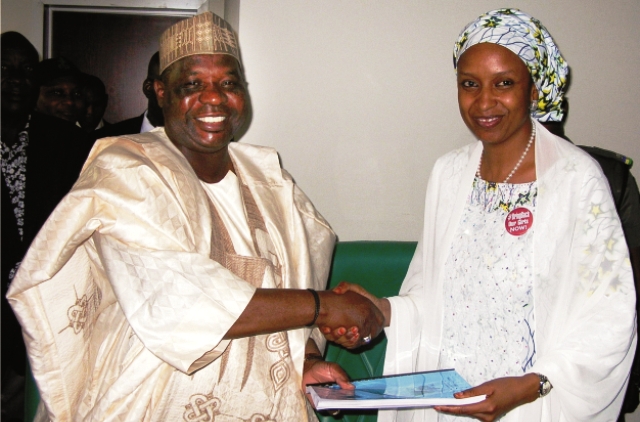Business
Belema Oil Wants Community Participation In Oil Exploration

The founder of Belema Oil
Producing Limited, Mr Jachrich Tein has said that the involvement of youth of host communities in the oil exploration in the Niger Delta region was the only solution to increase oil production in the country as it would reduce violence in the area.
Mr Jachrich Tein stated this when he played host to the Senate committee on Down Stream led by Senator Barau Tibirin paid a facility visit to the company at Robert-Kiri, Kula in Akuku-Turu Local Government of the state, recently.
He stated that involvement of the host communities would engender sustainable cohesion, and peace through provision of employment in the areas.
“Involving them would create huge employment opportunity to them . Give them contracts even if they don’t have the capacity you teach them on how to form partnership and they can show case their ability to pursue their goals”
“Involving them is also to increase production, since we took over production we have been from 1400 barrels to 12000 per day this is because of our partnership with the host communities” he stated.
He averred that the company was interested in alleviating the sufferings of their host communities adding that that informed the company to engage many youths from their host communities through direct employment.
According to him, the involvement of the youths from the host communities in the production process was responsible in the daily increase production made by the company.
“The youths are happy of the opportunity given to them to work in the company, we engage more when we commence in the gas production”, he added.
Speaking, the chairman of the delegation, Senator Burau Jibrin, lauded the company for striving higher in the wake of the economic condition of the country by employing hundreds of indigenous youth to work adding that it is worth commending.
The challenges that this company is facing will be cleared so that the company will wax stronger. Because we know that the stronger the company becomes, the stronger the communities, the state and country at large”.
“We are encouraged with what we are seeing today, we have seen picture of these installations but we never think they are as big as we are seeing. They are very impressive we will report back to Senate in order to support the company”, he said.
Also speaking, the state chairman of National Youth Council of Nigeria (NYCN) Mr Sukubo Sara-Igbe, appealed for encouragement of indigenous oil firm participation in oil exploration through allocation of more oil blocks by the Federal Government adding that such would reduce the continuous agitation in the Niger Delta.
Transport
Automated Points Concession : FAAN Workers Gave 72hrs To Revise Decisions In PH

Transport
FAAN Announces Pick-Up Points for Go-Cashless Cards

Business
Fidelity Bank To Empower Women With Sustainable Entrepreneurship Skills, HAP2.0
-

 News5 days ago
News5 days agoAmend Constitution To Accommodate State Police, Tinubu Tells Senators
-

 Politics5 days ago
Politics5 days agoSenate Urges Tinubu To Sack CAC Boss
-
Business5 days ago
Crisis Response: EU-project Delivers New Vet. Clinic To Katsina Govt.
-
Business5 days ago
President Tinubu Approves Extension Ban On Raw Shea Nut Export
-

 News5 days ago
News5 days agoDisu Takes Over As New IGP …Declares Total War On Corruption, Impunity
-
Business5 days ago
President Tinubu Extends Raw Shea Nuts Export Ban To 2027
-
Business5 days ago
Fidelity Bank To Empower Women With Sustainable Entrepreneurship Skills, HAP2.0
-
Sports5 days ago
NDG: Rivers Coach Appeal To NDDC In Talent Discovery

